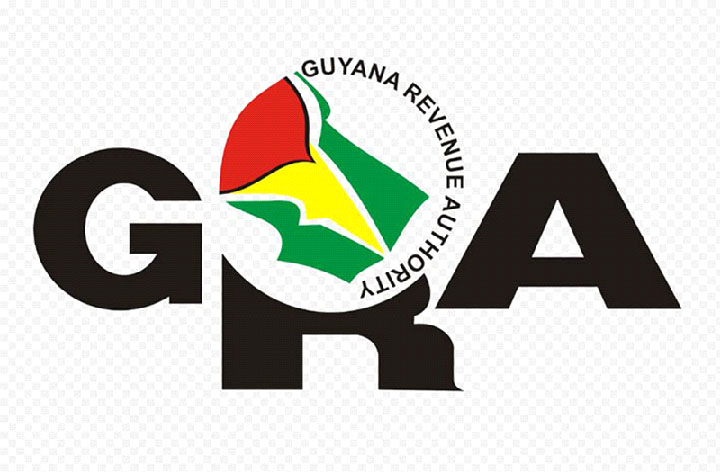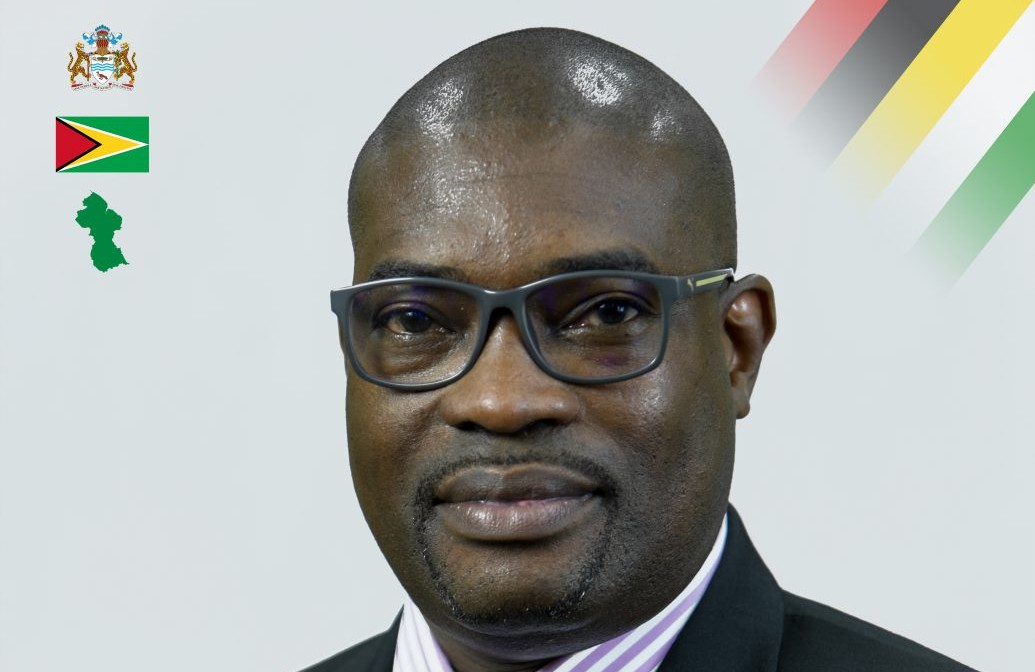The government yesterday announced that the second audit conducted by local consortium VHE of US$7.3b in ExxonMobil expenses is expected to be finalized today.
“I spoke with (Commissioner General of the Guyana Revenue Authority Godfrey) Statia on the report. He told me that by tomorrow, he is going to finalize the second audit. Once the report is finalized we can move forward from there,” Vice President Bharrat Jagdeo yesterday disclosed. Last week Stabroek News had asked Jagdeo for information on the audit after checks with the GRA and the Ministry of Natural Resources proved futile.
While both government and the GRA had remained mum on the status of the second cost oil audit which had been criticised over the quality of its work and because VHE was awarded a contract to conduct the third audit even though the second one was still to be completed, APNU+AFC parliamentarian David Patterson added his voice to the issue.
 Patterson questioned the rationale of awarding a third audit to the consortium which has not yet completed their initial contract and which he believes went beyond the time allotted.
Patterson questioned the rationale of awarding a third audit to the consortium which has not yet completed their initial contract and which he believes went beyond the time allotted.
“Why if GRA has said that it is not completed and has not officially stated that they are in agreement with the contents of the second audit, appoint this consortium again?” he questioned.
“And if the agency that accepts these reports appear not to be satisfied, then what?” If GRA is in disagreement then there would be something lacking in the third audit. And if VHE haven’t yet fulfilled their contractual obligations, which it should have been a criteria applied when awarding the third audit that their work be satisfactory, how can they get another contract?” he added.
Patterson said that when the draft VHE audit is juxtaposed against the first audit by IHS Markit “It is very substandard”.
“We thought that they would have at least used the IHS Audit as a template and add to it. IHS examined the clauses of the PSA and how Exxon spent against that. This looks like a basic financial audit” by VHE, he contended.
Still not clear, according to Patterson, is that given that the audit will only be delivered now and is clearly past the contractual delivery date, “were there any penalties for this delay?”
He noted that the first audit had said that some monies had been promised by Exxon to be remitted and shown in the second audit and he wants to know if this was done and if not what happens to it in the third audit.
Patterson also said that there has been no public announcement from the US oil major if it has agreed with the results of the second audit.
Explanation
Patterson also lamented to this newspaper the near doubled cost of the third audit when there has been no pronouncement of the quality of work of the second. “This third contract has been awarded for the sum of G$312M, while the contract for that second audit was G$157M, with no apparent explanation for this increase,” he pointed out.
And with no public signing of the contract for the third audit, Patterson said that government and the company seems to want to dodge scrutiny.
“We do see this as an attempt by the government to dodge questions on the performance of the company, as well as the contents of their report,” he said.
Former Auditor General Anand Goolsarran has flayed the award of a second audit of oil costs to the local consortium VHE considering the questions raised about its performance on the yet unfinished examination of a whopping US$7.3b in ExxonMobil expenses.
Stringent
According to Goolsarran, at a time when stringent oversight is needed to ensure comprehensive audits of the post-contract recoverable costs, contractors undertaking the audits require the knowledge, skills, and competence and experience in the field.
The former Auditor General pointed out that the audits are necessary to provide reasonable assurance to citizens that expenditures incurred are legitimate recoverable costs in the context of the Agree-ment; and the amounts involved are reasonable and represent good value for money. This, he added, is especially so, considering the higher the recoverable costs, the less will be the amount of Guyana’s share of profit that will accrue to it.
As such, he noted that questions have been raised about the quality of the original report by Vitality Accounting, Haynes and Ramdihal and Eclisar Financial (VHE) Consult-ing, and listed some of its shortcomings. VHE has declined to speak about its ongoing audit, the issues that have been raised about it and why it is still to be concluded. It was awarded the contract in May of 2022.
“Concerns have been expressed as regards the quality of the original report issued by VHE Consulting. Specifically, the report lacked basic structure. There is no table of contents to guide readers through the report; no executive summary; no list of abbreviations; no definition of the technical terms used; and no sections dealing with the terms of
reference for the assignment, the scope and methodology used, the auditing standards that were followed in the conduct of the audit, and findings, conclusions, and recommendations, among others”, Goolsarran said.
He continued, “Additionally, in several parts of the report, the auditors have stated that some of the issues would be further examined during the next audit, implying clearly that there is an expectation that VHE Consulting will be re-appointed auditors. These statements were also clearly an acknowledgement that the audit was incomplete and did not meet acceptable standards.”
Further, given that Guyana has no ring-fencing provisions – a key weakness in the 2016 Petroleum Sharing Agreement (PSA) according to the International Monetary Fund (IMF) and many analysts – Goolsarran emphasised that having a comprehensive audit was integral to ensuring “the interest of the state is properly safeguarded.”
He explained, “A ring-fencing arrangement ensures that only costs attributable to a particular field are considered in the computation of profit oil for that field. Although the Agreement provides for the sharing of profit oil on a field-by-field basis, it also allows ExxonMobil’s subsidiaries to allocate cost oil to any field within the contract area, thereby defeating the main purpose of ring-fencing. The IMF had also stated that there are too many loopholes in the PSA, which if not plugged, could result in Guyana losing significant amounts of revenue.
“Considering these and other concerns, a comprehensive audit of the post-contract recoverable costs is of utmost importance, requiring the knowledge, skills, and competence of experienced auditors.”
Two previous audits were undertaken; one by UK firm IHS Markit covering the pre-contact period from 1999 to 2017, and VHE Consulting for the period 2018-2020. The first audit identified US$1.678 billion as recoverable costs of which amounts totalling US$214 million, or 12.8 per cent, were considered disputed charges. The disputed costs are yet to be resolved between the Government of Guyana and ExxonMobil. Suffice it to state that if these disputed charges are removed, oil revenue accruing to Guyana will increase by US$107 million.
As regards the second audit, VHE identified amounts totalling US$7.435 billion as recoverable costs of which the auditors had reservations in relation to amounts totalling US$54.471m, representing less than one per cent of the recoverable costs claimed by Exxon.
Last September, the Minister of Natural Resources, Vickram Bharrat, stated that VHE Consulting was supposed to issue a final report before any action could be taken in relation to the findings.
It is not clear if or when such a report has since been issued and why the public has not been told about it.





